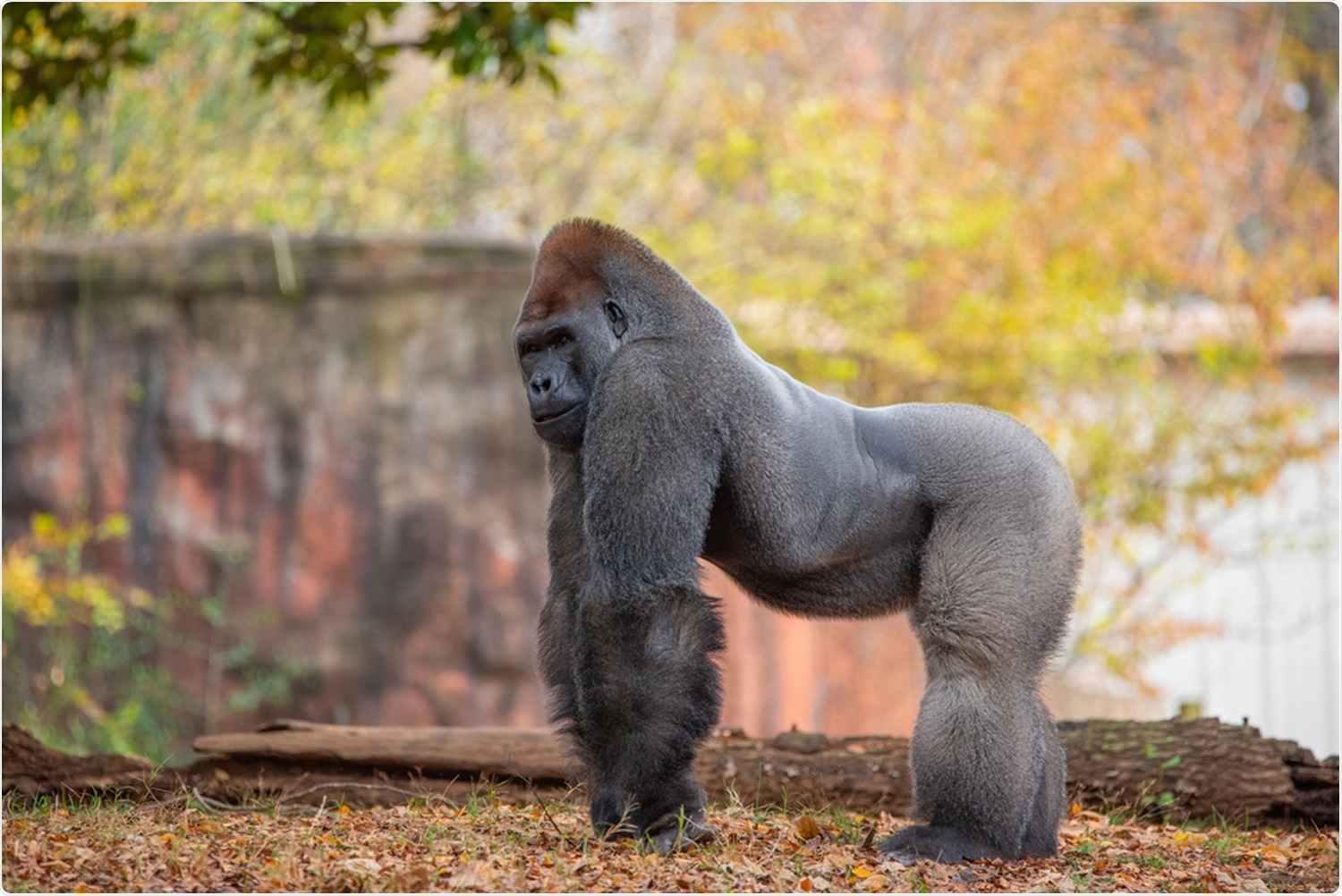The coronavirus disease (COVID-19), caused by the severe acute respiratory syndrome coronavirus 2 (SARS-CoV-2), continues to spread across the globe. The total infection toll has now reached 225 million cases, with over 17 million new infections reported in the past 28 days.
At Zoo Atlanta, 18 western lowland gorillas are currently receiving treatment for COVID-19 as initial and tests came back positive.
The zoo shared the news on its website on Sept. 10 after the Gorilla Care team members observed symptoms of coughing, nasal discharge, and changes in the appetite of several members of the gorilla population. The Animal Care and Veterinary teams immediately tested for SARS-CoV-2 through nasal and oral swabs and fecal samples.
The team sent the samples to the Athens Veterinary Diagnostic Laboratory at the University of Georgia, where they tested presumptively positive. Zoo officials wait for confirmation from the National Veterinary Services Laboratory in Ames, Iowa. The results are expected later in the week.
One of the infected gorillas includes a 60-year-old ape called Ozzie, the oldest one living at the zoo. At least one of the gorillas is thought to have contracted the SARS-CoV-2 Delta variant, the cause of case surges worldwide.

Gorilla in Atlanta zoo. Image Credit: Joan Voltaire / Shutterstock
Cause of infection
It is still unclear how the gorillas contracted the virus, but the Animal Care and Veterinary Teams believe the infections came from a care team member who tested positive for COVID-19. The team member has been fully vaccinated, wore personal protective equipment (PPE), and had no symptoms while on duty.
Though humans can transmit the virus to animals, including gorillas, there has been no data to suggest that zoo animals can transmit the virus to humans. Further, the teams explained that zoo visitors are unlikely the cause of the infection since there is a considerable distance between the areas used by guests and the gorillas’ habitats.
“The teams are very closely monitoring the affected gorillas and are hopeful they will make a complete recovery. They are receiving the best possible care, and we are prepared to provide additional supportive care should it become necessary,” Sam Rivera, DVM, Senior Director of Animal Health, said in a statement.
The teams also noted that despite rigorous safety protocols were observed by staffers when working with great apes and other vulnerable animals, some animals still acquired the infection. The staff uses PPEs when working with great apes has always been a standard in the zoo due to their susceptibility to human infections, including influenza and the common cold.
Additional preventive measures like the use of N95 masks, increased ventilation, and modified cleaning protocols were implemented. Meanwhile, the staff does not share the same space with the gorillas and interactions occur on opposite sides of a barrier creating a social distance.
The zoo also said that it is difficult to isolate the gorillas given that they live near each other in four groups. However, they will be given the Zoetis coronavirus vaccine, which was developed for animals as they recover.
Aside from the gorillas, other animals at the zoo will receive their vaccines, including Sumatran tigers, African lions, Bornean and Sumatran orangutans, and a clouded leopard.
The infected gorillas received monoclonal antibodies to treat symptoms and prevent disease progression.